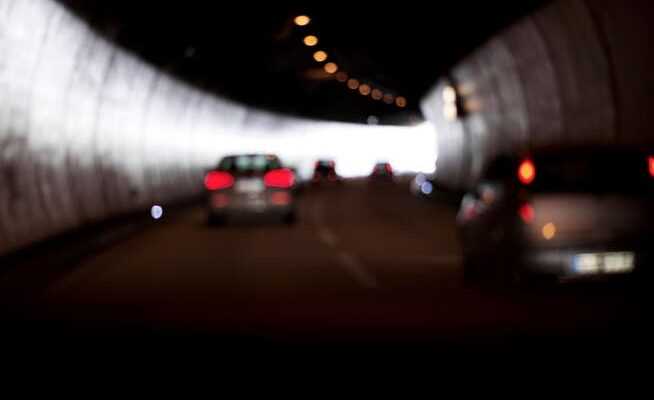The National Council loosens the “Raser article”. When it comes to the minimum duration of the withdrawal of ID, however, he does not go as far as originally planned.
Anyone who drives massively too fast no longer has to expect a prison sentence in every case.
Ten years ago, Parliament passed rigorous tightening in dealing with speeders. Now the regulations are to be partially relaxed. The National Council made its first decisions on Wednesday, and the next step will be for the Council of States. Today, under the Road Traffic Act, the courts have practically no leeway. If a driver exceeds the limits defined in the law, he is almost automatically sentenced to imprisonment for a period of one to four years. With a large majority, the National Council has now decided to drop the minimum penalty. Fines should also be possible.
It was emphasized several times that it’s not about treating speeders with kid gloves. But the law must give the courts leeway and enable proportionate decisions in individual cases. The upper limit of sanctions remains unchanged. The limits above which the law of frenzy goes out also remain. In built-up areas, for example, the limit is when the speed limit is exceeded by 50 km/h.
Controversial regulation for driving with blue lights
In recent years, cases have become public in which police officers, firefighters or ambulance drivers have come into conflict with the “Raser article”. The National Council has now explicitly included their concerns in the law. From the point of view of the Federal Council, however, the middle-class majority has gone too far; the wording of the passage is likely to give rise to further discussion in the Council of States.
The regime is being relaxed on a second point: the minimum period for which a license can be revoked after a speeding drive is to be reduced from 24 to 12 months. The National Council is thus going less far than planned. Originally, the Federal Council provided for a lower limit of just six months. On Wednesday, a centre-left majority narrowly won on this issue.
No alcohol immobilizers
In addition, Parliament removed an idea from the law that was never implemented: Anyone who repeatedly drives while intoxicated should only be allowed to use cars with alcohol-based immobilizers. However, these are not in use to this day. From the point of view of the Federal Council, the cost-benefit ratio of this measure would be poor, which is why it should now be shelved.
The template includes other, less controversial issues. Among other things, it gives the Federal Council the authority to allow self-driving cars and to determine when the user is released from his duties as a driver.
